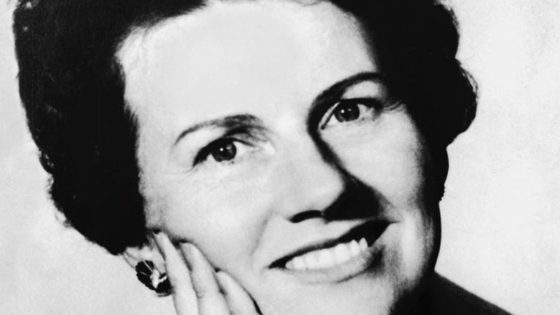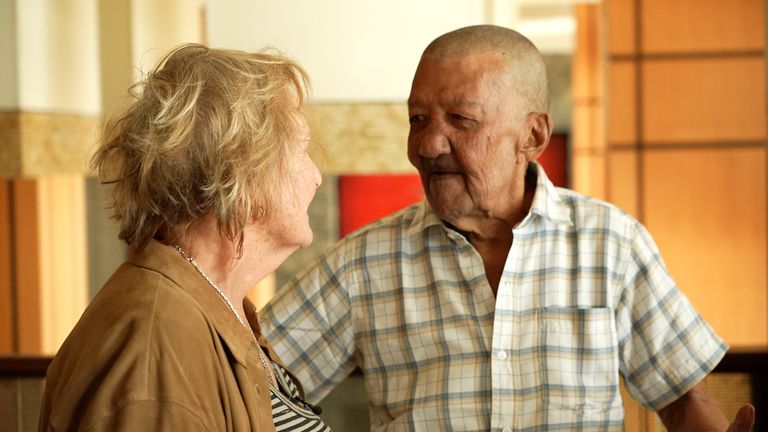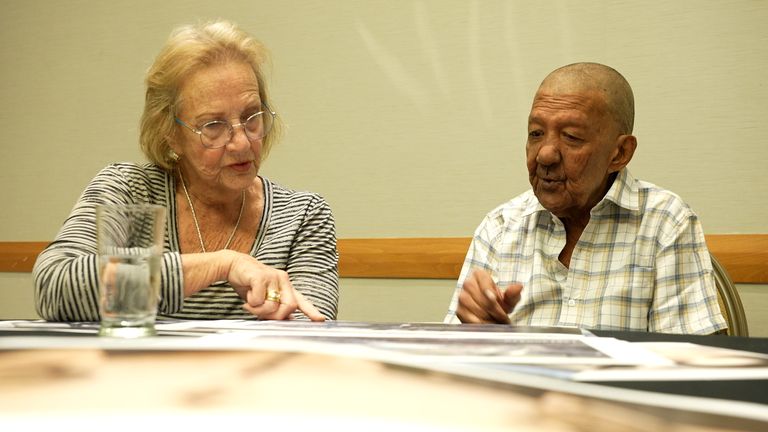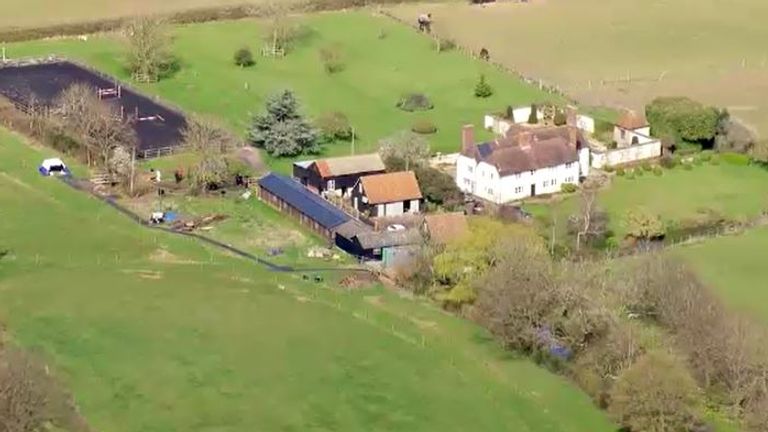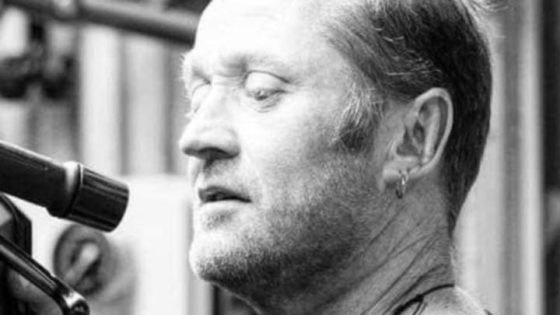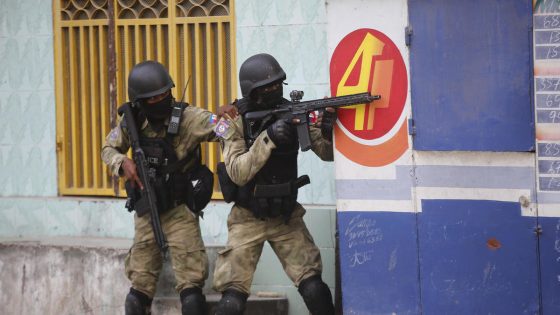A notorious killer has told British detectives where he buried his victim’s remains 55 years ago, after they flew to his Caribbean home to interview him.
Nizamodeen Hosein was convicted of kidnapping and killing Muriel McKay, who he mistook for the then wife of newspaper magnate Rupert Murdoch, in one of the first British murder trials without a body.
But this week, he agreed to meet a team of Scotland Yard detectives in his native Trinidad where he was deported after serving 20 years in a UK jail.
In a message to the McKay family, Detective Superintendent Katherine Goodwin said: “We are in Trinidad and were able to speak to Nizamodeen Hosein yesterday and start the interview process.
“He was happy to speak with us and we will hopefully continue to interview him over the next few days. We are making progress working with the local police.”
It is believed Hosein, 76, repeated what he told Muriel’s daughter Dianne McKay and her grandson Mark Dyer when they flew 4,500 miles to meet him in Trinidad in January: that Muriel died of a heart attack at his brother Arthur’s Hertfordshire farm, while they negotiated a ransom, and they buried her under a manure heap behind a barn.
Sky News filmed that meeting, in which Hosein pointed to old and new photographs of the farm and studied computer-generated images to pinpoint the burial site.
He said at the time: “Go through the kitchen door, come through the open land, turn left and it’s two feet from the hedge, that’s where the body is.”
A week later, after studying the Sky News footage, Det Supt Goodwin said she found Hosein’s evidence “compelling”, but wanted to meet him face to face.
She hopes to gather enough evidence to justify a new search at the farm near the village of Stocking Pelham, or to urge the Home Office to lift Hosein’s deportation order and let him return briefly to the farm to show police exactly where to dig.
Businessman Mr Dyer said: “We didn’t know whether Nizam would be happy talking to the British police, but if he is that’s great news.
“They already have his new testimony, but we hope he will tell them everything he told us, the precise details of where he buried my grandmother, so we can recover her and give her a proper burial at last.”
Mrs McKay, 55, was kidnapped from her south London home in late December 1969 by the Hosein brothers, who thought she was Anna, the wife of Rupert Murdoch who had just bought the Sun newspaper. In fact, she was the wife of Murdoch’s deputy, fellow Australian Alick McKay.
The kidnappers realised their mistake straightaway, but carried on with their plot and demanded a £1m ransom for her safe return, playing a cat-and-mouse game with Scotland Yard before they were identified and arrested, by which time Muriel was already dead.
More from Sky News:
Check how the budget will affect you
M25 to shut in both directions in unprecedented move
They were jailed for life, denying any part in the abduction and refusing to say what had happened to their victim.
Nizam was persuaded to reveal what he now says is the truth after the McKay family hired a lawyer to interview him at his ramshackle home outside the Trinidad capital Port of Spain.
He lives there alone in poverty but refused the family’s offer of $50,000 to come clean and has spoken to them for free.
Police excavated a patch of the Hertfordshire farmland two years ago without success, but the family insisted they had searched the wrong area.
The farm owner Ian Marsh had refused permission for a new dig but has since said he would allow police back without a search warrant if they felt they had enough evidence.
In an official statement Det Supt Goodwin, of the Metropolitan Police’s Specialist Crime unit, said: “We understand how frustrating and difficult this is for Muriel’s family and are still working to recover her remains.
“We recently met Muriel’s family and others to speak to them and gather information obtained during their visit to Trinidad. We are grateful for their time and assistance.
“We have reviewed and assessed this information to determine the next steps in our investigation, which includes whether a further search is appropriate.
“We remain in contact with the family and will keep them updated.”
Source Agencies

